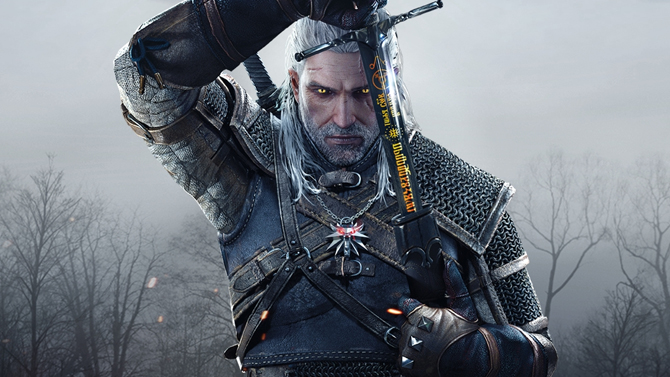The consumer protection bodies of a dozen and a half European countries have decided that enough is enough with loot boxes.
The eighteen European countries from which the twenty organisations spoke are Austria, Bulgaria, Czech Republic, Denmark, France, Germany, Greece, Iceland, Italy, Latvia, Netherlands, Poland, Portugal, Slovenia, Spain, Sweden and Switzerland. They all support the report of the Norwegian Consumer Council (the NCC), titled “Insert Coin: How the Gaming Industry Exploits Consumers Using Loot Boxes.”
They want to see more changes: banning misleading design, more protection for minors, and transparency around transactions are among them. The report accuses companies of taking advantage of consumers with mechanisms that are addictive and predatory. The 59-page document used FIFA 22 and Raid: Shadow Legends as examples and reads, “Both games employ a wide arsenal of tricks to push consumers into spending as much time and money as possible exploiting consumers [who] hope to receive the reward despite a minuscule chance and likelihood to do so.” Here’s how players are pocketed through the sale and in-game presentation of loot boxes:
“Exploiting cognitive biases and vulnerabilities through deceptive design”
“Using aggressive marketing practices to push sales at every opportunity”
Giving “meaningless or misleading transparency disclosures about the likelihood to win or lose that are difficult to assess”
Using “opaque algorithms and skewed probabilities”
“Using layers of virtual currencies to mask or distort real-world monetary costs”
The “very high cost of freemium and endless grinding”
The “risk of losing content at any time”
The “targeting [of] loot boxes and manipulative practices at kids”
Following these comments, Finn Mysrstad, NCC’s digital policy director, said: Director of Digital Policy, said, “Loot boxes have been the source of several controversies already. Our work has established that the sale and presentation of loot boxes often involve exploiting consumers through predatory mechanisms, fostering addiction, targeting vulnerable consumer groups, and more. Despite being a major industry, the video game sector has largely evaded regulatory scrutiny. Prevailing business models are technically complex or novel. Video games are considered a niche entertainment market by many authorities. Due to the sheer size of the market and the number of affected consumers, national and EU authorities should prioritise regulatory investigations and interventions. We call for several measures, including banning deceptive design, extra protections for minors, and transactional transparency. Authorities and industry must take responsibility to ensure a safe environment for gamers.”
The crackdown on loot boxes in Europe started in April 2018, with Belgium leading the way, and as a result, Diablo Immortal will not be released in Belgium and the Netherlands, as loot boxes are treated as gambling in the two countries concerned! In the Netherlands, a court in The Hague ruled in October 2020 that the gaming regulator there could fine Electronic Arts half a million euros a week for selling FIFA Ultimate Team loot boxes after the feature was defined as gambling. But in March 2022, the Dutch Administrative Jurisdiction Division of the Council of State ruled that the previous finding was an “unjustified penalty”, so the publisher will not be required to pay any further, as a gambling licence is only needed if it is, for example, a slot machine and not something part of a bigger video game…
It is time to overthrow loot boxes.
Source: VGC

















Leave a Reply